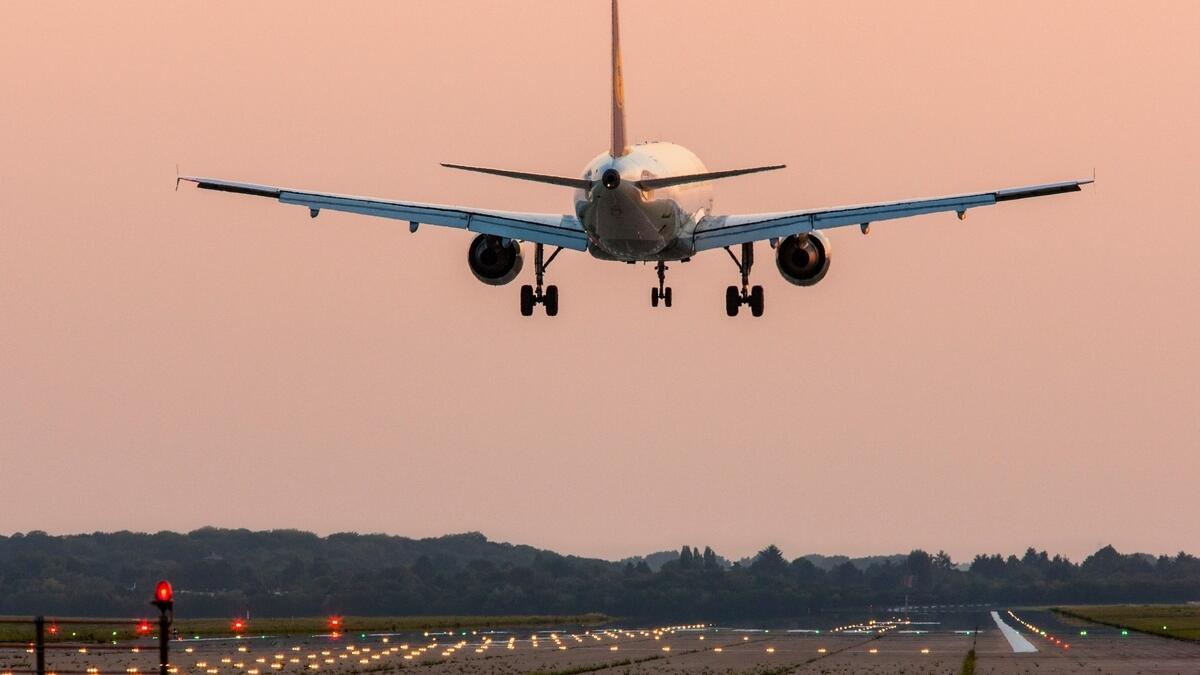Airlines are avoiding flying over Iranian and Lebanese airspace due to escalating tensions in the region following the killing of senior members of Hamas and Hezbollah. Several airlines have canceled flights to Israel and Lebanon, as concerns over a possible conflict continue to rise. Singapore Airlines has stopped flying over Iranian airspace and is using alternative routes for safety reasons. Taiwan’s EVA Air and China Airlines are also avoiding Iranian airspace for flights to Amsterdam. US and European airlines have long been avoiding flying over Iran, especially after the missile and drone attacks between Iran and Israel in April.
Despite the precautionary measures taken by some airlines, several others are still flying over Iran, including UAE carriers Etihad, Emirates, and FlyDubai, Qatar Airways, and Turkish Airlines. Airlines such as Air India, Lufthansa Group, United Airlines, Delta Air, and ITA Airways have suspended flights to Tel Aviv, while flights to Beirut have been canceled and delayed due to the strike in the Israeli-occupied Golan Heights. Kuwait Airlines announced the suspension of flights from Beirut to Kuwait on August 4, and Air France has extended the suspension of flights between Paris and Beirut until at least August 6.
Canada has issued a notice for Canadian aircraft to avoid Lebanese airspace for one month due to the risk of aviation from military activity. Britain has been advising pilots of potential risks from anti-aircraft weaponry and military activity in Lebanon’s airspace for the past month. The situation in the region remains volatile, with airlines taking necessary precautions to ensure the safety of their passengers and crew. It is essential for travelers to stay informed of the latest developments and follow the guidance of airlines and authorities during this tense period in the Middle East.
The conflict in the region has led to increased tensions and uncertainty, prompting airlines to make strategic decisions to avoid potentially volatile airspace. The safety and security of passengers and crew are the top priorities for airlines, leading to route changes and flight cancellations. With the situation evolving rapidly, it is crucial for airlines to stay updated on the latest developments and adjust their operations accordingly. The ongoing conflict between Iran, Israel, Lebanon, and other countries in the region has created a challenging environment for airlines to navigate.
As the situation in the Middle East continues to evolve, airlines are closely monitoring developments and making necessary adjustments to their flight operations. The recent killings of senior members of Hamas and Hezbollah have added to the already tense situation in the region. With several airlines canceling flights to Israel and Lebanon and avoiding Iranian airspace, travelers are advised to check with their airlines for any changes to their flight schedules. The safety and security of passengers remain a top priority for airlines operating in the region, and precautions are being taken to minimize any potential risks.
In conclusion, the ongoing conflict in the Middle East has prompted airlines to take precautionary measures to ensure the safety of their passengers and crew. With airlines avoiding Iranian and Lebanese airspace and canceling flights to Israel and Lebanon, travelers are advised to stay updated on the latest developments and follow the guidance of airlines and authorities. The situation in the region remains fluid, and airlines are closely monitoring the situation to make necessary adjustments to their flight operations. It is essential for travelers to exercise caution and vigilance while traveling through the region during this volatile period.




































